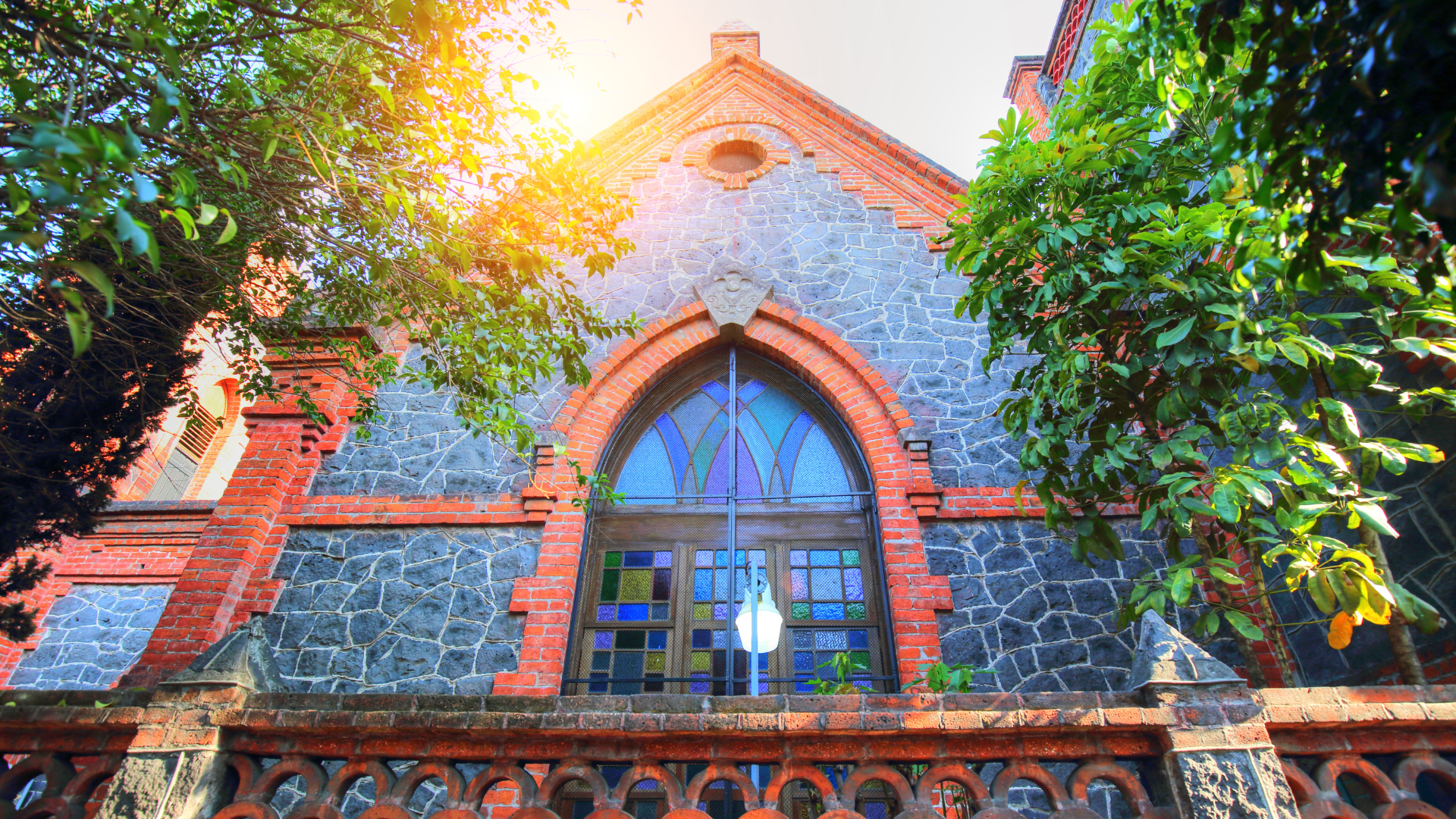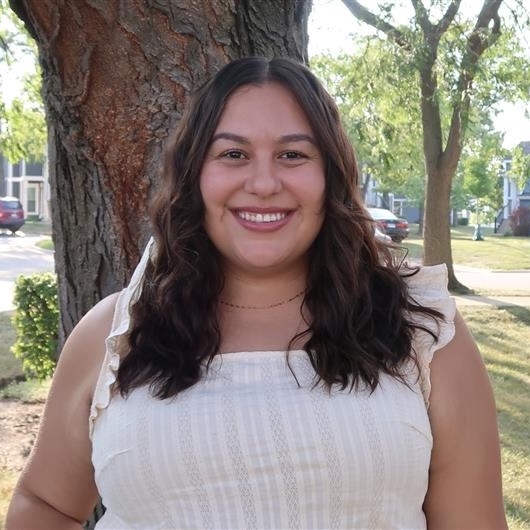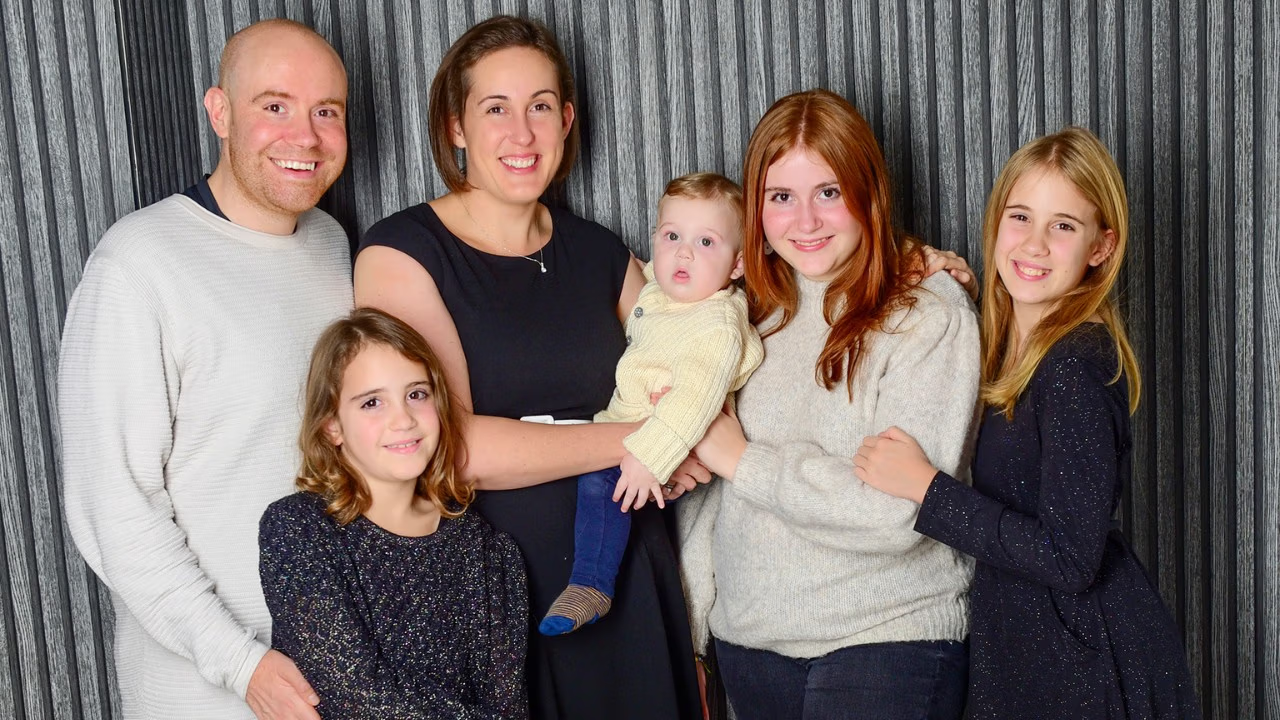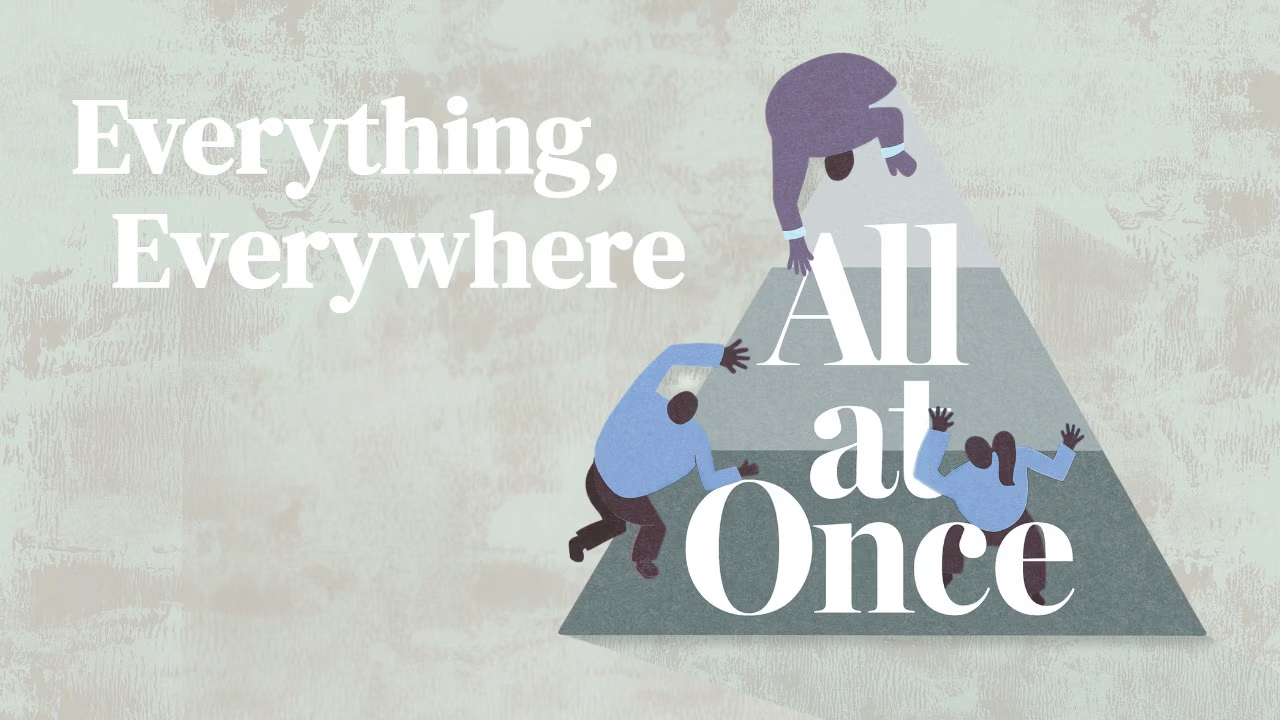Editors’ note: September 15–October 15 is National Hispanic Heritage Month. In this post several Covenant leaders share what it means to them to be Latina, the emotions they experience during this month of celebration, and how others can engage with and learn more about their cultures. (A version of this content originally appeared in the Freedom Friday email from Love Mercy Do Justice.)
What does being Latina mean to you?
Being Afro-Latina is special to me because I am a walking reminder that Latinidad is not a monolith. We come in every shade, shape, size, and hair texture. I get to honor the beautiful blend that makes up who I am. The pride we feel as a people, the unapologetic energy that comes with being Boricua that spills out in the way we put the flag on everything and have a good time every chance we get is so life-giving. It reminds me to navigate the world just as unapologetically.
Mayra Ramos, North Park Theological Seminary graduate
As a mestiza of Mexican American heritage, I experience being a Latina in that even though my ethnic identity is the result of a long colonial history of Latin America, God is redeeming my story (as well as all my Latino/a siblings’ stories) through the blood of the Lamb and the word of our testimonies of God’s faithfulness to us. Though my mestizaje (mixture) is a product of the historical reality of colonial oppression’s attempt at the erasure of my indigenous ancestors, my identity in Christ is redeeming the history that brought about my biological DNA.
– Dr. Sophia Magallanes-Tsang, assistant professor of Old Testament at North Park Theological Seminary
- Being Latina means we are familia.
- Being Latina means wisdom from our elders.
- Being Latina means never leaving our homes sin un platito de comida (without a plate of food).
- Being Latina means appreciating nuestras raizes (our roots).
- Being Latina means appreciating los sacrificios de nuestros seres queridos (the sacrifices of our loved ones).
- Being Latina means embracing Spanglish.
- Being Latina means ser de aquí y de allá (from here and there).
- Being Latina means si se puede (yes, we can).
- Being Latina means no me daré por vencida (I won’t give up)!
- Being Latina means hecha a su imagen (made in the image).
– Evelyn Perez, Latino Ministries coordinator for the Pacific Southwest Conference
What feelings do you experience during Latino Heritage Month?
The feelings that come up are joy and gratitude. I feel seen and energized to celebrate and share memories with family I feel connected and disconnected to at the same time…wanting to be there (El Salvador) yet surrounded by Salvis here in the USA.
– Stephanie Guadarrama, member of Luz de Esperanza Covenant Church in Campton Hills, Illinois
It makes me proud to honor the Lord through my Latino heritage and culture and not despite it. In Revelation 7:9, a great multitude from all tribes, all tongues, and all nations worship the Lamb who was slain. My Mexican heritage is among those tribes and nations who bless the Lord through their culture.
– Dr. Sophia Magallanes-Tsang, assistant professor of Old Testament at North Park Theological Seminary
It took me a long time to realize that being biracial doesn’t have to mean one or the other—I am both/and. I used to feel sad because I felt like I didn’t have the right to participate. But someone said to me once, “Take up your space—it’s just as much your right as anyone else’s.” That has stuck with me, and since then I’ve just felt an immense amount of joy and pride during this month—both in my people, and in myself. It’s such a beautiful thing to look around my community and see everybody showcasing their national colors, food, and other cultural aspects. I just love it.
– Emma Sosa, Serve Clergy staff, Covenant Offices
How can others lean in and learn more about Latino cultures?
Simply by being as intentional as you can be. Take opportunities to lean into the community and don’t be passive about it. The thing about us is that as a culture we will always make space and fix you a plate. So be open to sitting at the table with us.
– Mayra Ramos, North Park Theological Seminary graduate
Honestly, ask. Share a meal with us, be curious, and read perspectives and voices from the country. Speak to elders of the community, unlearn stereotypes, and lean into our collective emotional expression during church service!
– Stephanie Guadarrama, member of Luz de Esperanza Covenant Church in Campton Hills, Illinois
Explore the art of our Latin/Hispanic communities; visit the National Museum of Mexican Art in Chicago. Embracing my heritage—not just my Guatemalteca heritage, but also my Mayan heritage—by including cultural symbolism in my tattoos, was very empowering. My tattoos are a visual representation of my story and who I am in reclaiming my Latina identity. My glyphs would likely never have happened if I hadn’t first started exploring my people’s cultural/ancestral art.
– Emma Sosa, Serve Clergy staff, Covenant Offices
One way to deepen understanding of the Latina culture is to engage in dialogue about its history, current challenges, and opportunities for solidarity.
– Evelyn Perez, Latino Ministries coordinator for the Pacific Southwest Conference
SUGGESTED READING TO GO DEEPER
- Brown Church, by Robert Chao Romero.
- The Vintage Book of Latin American Stories, edited by Carlos Fuentes and Julio Ortega
- Poems and stories by Ada Limón and Pablo Neruda
- Hermanas, by Natalia Kohn Rivera, Noemi Vega Quinones, and Kristy Garza Robinson
- Abuelita Faith, by Kat Armas














